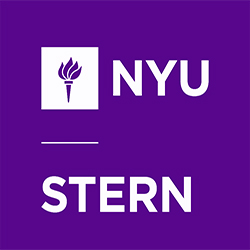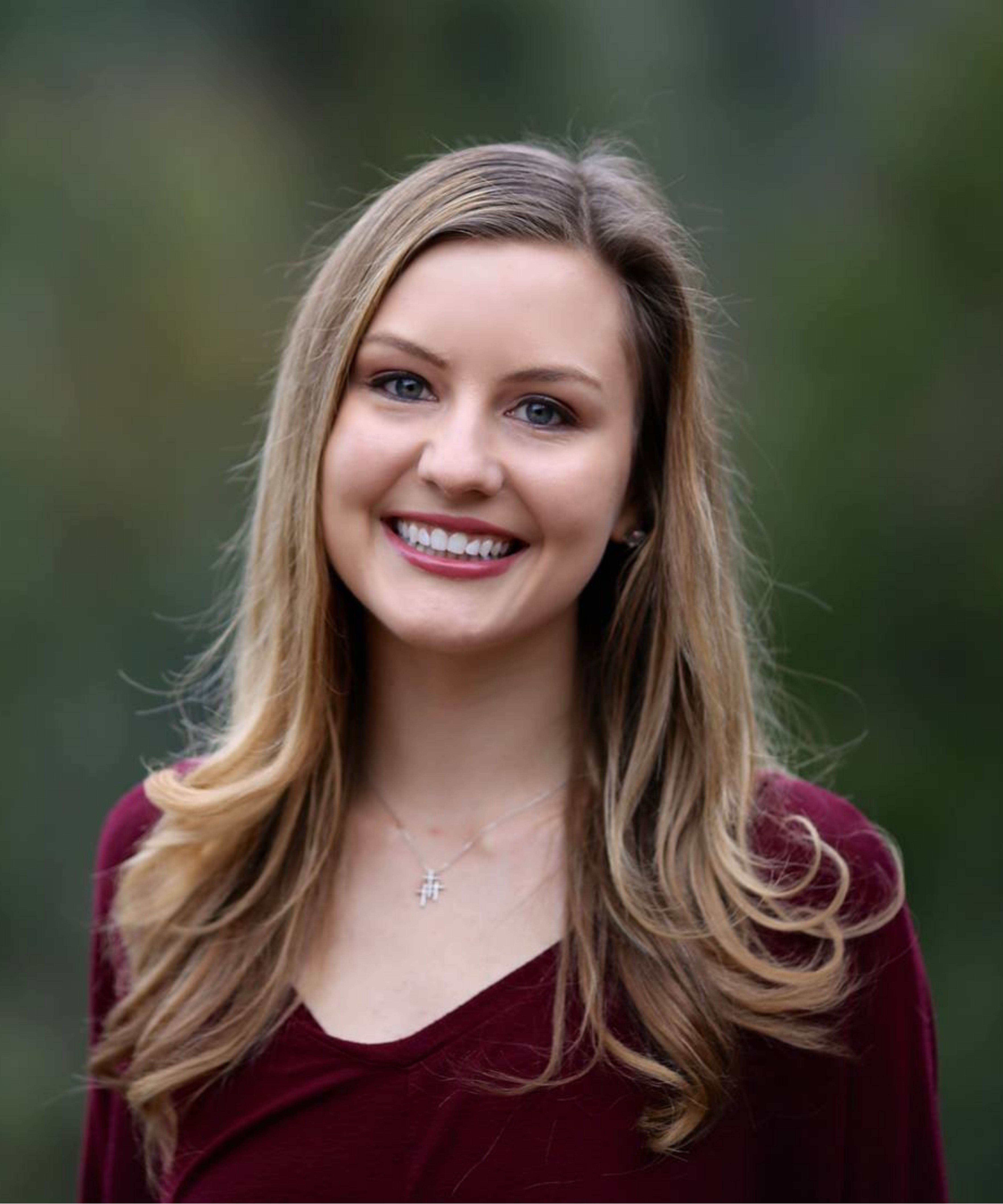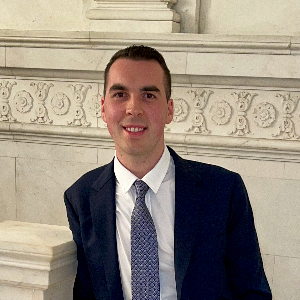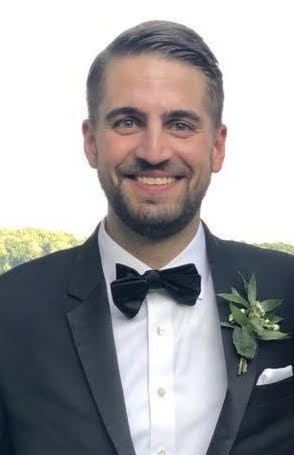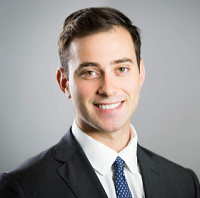 Isabella Felipa Schumann is a recent graduate who specialized in Corporate Finance and Strategy. Prior to Stern, Isabella spent three years in development at The Metropolitan Museum of Art, followed by two years as an investigative consultant at K2 Integrity. During her time at Stern, Isabella was a summer associate at Partner’s Group, a private equity firm, and during the academic year, she served as an MBA associate at Connectivity Venture Funds, a venture capital firm based in New York. Additionally, Isabella participated in a variety of experiential opportunities offered at Stern, and was AVP of Sponsorship of Stern’s PEVC Club. Isabella now works at Global Atlantic Partners as VP of Strategy and Business Development in NYC.
Isabella Felipa Schumann is a recent graduate who specialized in Corporate Finance and Strategy. Prior to Stern, Isabella spent three years in development at The Metropolitan Museum of Art, followed by two years as an investigative consultant at K2 Integrity. During her time at Stern, Isabella was a summer associate at Partner’s Group, a private equity firm, and during the academic year, she served as an MBA associate at Connectivity Venture Funds, a venture capital firm based in New York. Additionally, Isabella participated in a variety of experiential opportunities offered at Stern, and was AVP of Sponsorship of Stern’s PEVC Club. Isabella now works at Global Atlantic Partners as VP of Strategy and Business Development in NYC.
When I started my MBA journey in 2021, I was interested in exploring opportunities in the investment space, but as someone with a non-traditional background, I was unsure where to start. I knew that NYU Stern would provide me with endless opportunities to explore investing, develop relevant skills to succeed in the space, and take career risks that I may not have taken otherwise. One of the defining experiences of my time at NYU Stern that allowed me to do all three things was the NYU Impact Investing Fund (“NIIF”).
Why NIIF
I have always had a passion for social impact which has manifested itself through community service work, pro-bono consulting with a focus on social enterprises and female-founded startups, and working in nonprofit organizations earlier in my career. NIIF was the perfect way for me to explore the intersection of a personal passion of mine and my professional ambitions. Additionally, I had the incredible opportunity to work with peers from Stern, NYU Wagner Graduate School of Public Service, and NYU Law School. Being part of a group of dedicated and ambitious individuals from different backgrounds was a huge part of what made NIIF such a great experience.
Getting Involved
NIIF is the only MBA student-run venture organization in the country, which means that NIIF invests real money into real startups that we as participating students are sourcing, completing investment diligence on, and pitching to the investment committee. The program is structured as a one-year course through Stern and participation starts with an application the Spring before the Fall semester start date. Once you begin with NIIF, you are split into teams representing six different verticals – financial inclusion, environment, healthcare, aging, education, and food systems. I was a member of the education deal team along with five other peers.
Phase I: Investment Thesis
We began our semester by developing an investment thesis highlighting the areas of education that we would like to invest in and other non-negotiables for NIIF, including a founding team representative of the community the company serves, and demonstrated impact in lockstep with revenue. From here, our team tapped into our networks to identify impact-driven early-stage startups that were actively raising a new round of fundraising. Once potential targets were identified, the team interviewed the founders and identified the companies that were most aligned with the team’s understanding of impact and the expectations of NIIF’s investment committee.
Phase II: Due Diligence
The second stage of the process is defined by a funneling process where each deal team presents their chosen company to the other teams and to the investment committee. From there, two deal teams are chosen to continue with the NIIF investment process while the other teams are split between competing in the MBA Impact Investing Network & Training (“MIINT”) and managing previous investments made by NIIF. As a member of a deal team chosen to move forward in the NIIF process, this third phase was followed by a longer due diligence process where my team and I spent the coming months working with the NYU Law School clinic and the founder of our target company on the complex due diligence process. This included legal, financial, impact, and competitor diligence and identifying relevant investment risks in each of these areas. This was where we were challenged the most as a team, and pushed outside of our comfort zones to understand and evaluate different areas of the business.
Phase III: Presentations
Finally, our team was one of two that pitched a target company to the NIIF Investment Committee in an in-person meeting with the three committee members and the support of our peers. The presentation featured information on our company, deep dives into the diligence that we completed, an emphasis on the demonstrated impact of the company, and a complete risk analysis with insights on how to minimize risks. By the end of the week, we were notified of the investment committee’s decision on which of the two deal teams had received NIIF’s investment.
The entire process closely resembled the various investment processes that I have seen in both the private equity and venture capital spaces. I was able to see many parallels between my work at NIIF and what I have seen in various internship opportunities across investment firms. I can confidently say that my NIIF experience will not only be a highlight of my time at Stern, but will also be instrumental in my career development.
